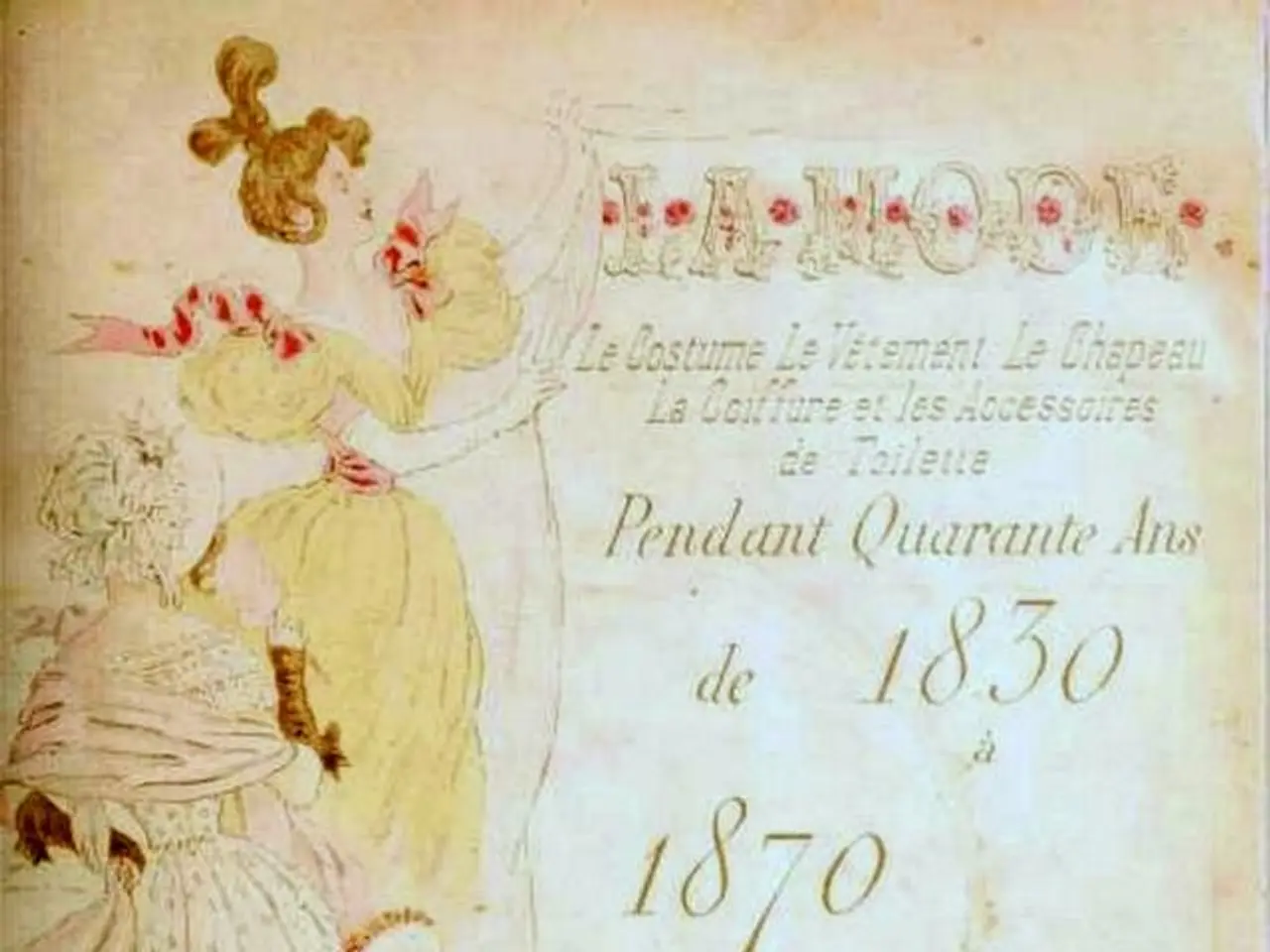Women took over Bergisch Gladbach, formerly a predominantly male-dominated town.
On September 12, 2025, the Zanders family women—Julie, Maria, and Olga—were officially honoured as part of the 'FrauenOrte NRW' project in Bergisch Gladbach. The occasion was marked by the unveiling of an information plaque at Villa Zanders, a testament to the significant contributions these women made to the paper manufacturer Zanders and the city's history.
The 'FrauenOrte NRW' project, funded by the Ministry for Children, Youth, Families, Equality, Flight and Integration of the state of North Rhine-Westphalia, aims to correct the skewed perception that women have not made substantial contributions to history. The project honours 57 women personalities from over ten centuries and all regions of North Rhine-Westphalia, with Bergisch Gladbach being one of the 52 locations.
Julie Zanders, the matriarch of the Zanders family, led the company from 1831 to 1836 and later jointly with her son from 1857 until her death. She purchased the Gohrsmühle, which remained the company's headquarters until its end. Julie's leadership marked the beginning of the Zanders family's legacy in the paper industry.
Maria Zanders, who led the company alone from 1870, initiated the construction of Villa Zanders in 1873-1874. Villa Zanders, now a museum, played a crucial role in bringing together art, music, and civic engagement. Maria was also a patron of the arts and founded the Altenberger-Dom-Verein in 1894.
Olga Zanders managed the company from 1915 to 1929, employing around 1500 people. She established the wedding grant in 1918 for daughters and sons of Zanders employees. Olga's tenure was marked by her resilience, as she managed to keep the company afloat during World War I and the depression of the 1920s.
Mayor Frank Stein acknowledged the impact of the Zanders women on the city, stating that without them, there would be neither the Zanders area nor the long tradition of the paper city of Bergisch Gladbach. The city's equal opportunities officer, Judith Klaßen, described the Zanders women as pioneers who took responsibility for leading the company at a time when this was not common.
Tatjana Countess von Spee, born Zanders, as a representative of the family in the board of trustees of the Zanders - Paper Historical Collection, paid tribute to the extraordinary merits of the three entrepreneurs for the paper factory and the region. Jihane Qotit Zerhouni, board member of Women's Council NRW e.V., emphasised the project's goal of correcting the skewed perception that women have not made significant contributions to history.
Dr. Ina Dinter, director of the Kunstmuseum Villa Zanders, highlighted the lasting cultural significance of Maria Zanders' work, while Dr. Ulrich Soenius, director of the Rhineland-Westphalian Economic Archive Foundation, proposed the honoring of these women. The 'FrauenOrte NRW' project in Bergisch Gladbach was inaugurated at a reception in Villa Zanders on September 12.
The memorial plaque honours the three women, Julie Zanders, Maria Zanders, and Olga Zanders, for their significant contributions to the paper manufacturer Zanders. Their stories serve as a reminder of the vital roles women have played in shaping the history of Bergisch Gladbach and North Rhine-Westphalia.
Read also:
- chaos unveiled on Clowning Street: week 63's antics from 'Two-Tier Keir' and his chaotic Labour Circus
- Skechers Debuts First American Stores Focused on Athletic Footwear Performance
- Racing ahead in Renewable Energy Dominance: Changzhou, Jiangsu Pushes for Worldwide Renewable Energy Ascendancy
- Funds Amounting to Over Two Hundred Million Rupees Collected on Impact Guru to Aid Punjab's Flood Victims in Reconstructing Their Homes




